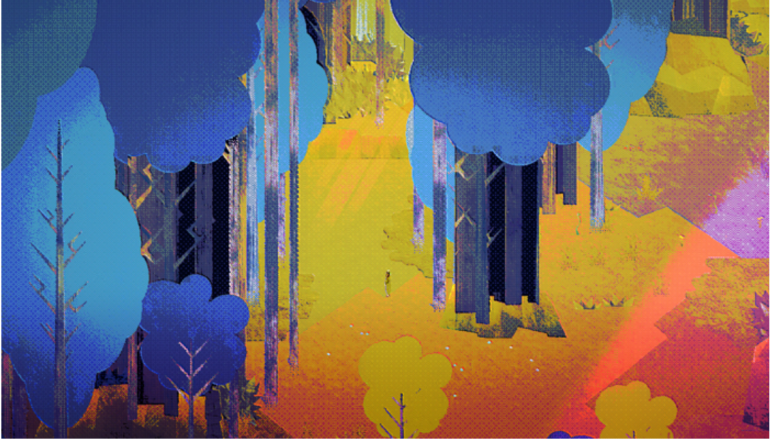There’s more money in games than there has ever been, and the market is looking for more narrative game content. How do writers take advantage of that?
That’s a key question on the mind of Australian Writers’ Guild (AWG) executive director Claire Pullen, as the guild ups its work with narrative designers and games writers.
This weekend, the AWG is hosting an already sold out narrative design workshop at Melbourne International Games Week. The program, facilitated by Alexander Swords, is designed to offer writers practical skills in creating narrative content.
In coming months, AWG will also host a webinar with Epic Games’ Jack Condon who will talk about the potential for theatre writers in virtual production. Further, this year’s AWGIE Awards will also feature an inaugural Interactive Media and Gaming Award.
The AWG was first approached by writers working in games in 2018 as they didn’t feel they had industrial representation. In particular, narrative designers felt lost in remuneration and contracting discussions.
Following an industry call out for games writers and narrative designers to join the guild and to participate in data gathering and research, the AWG collected information on different roles narrative designers could have on a development team and undertook a review of a number of games writing contracts.
Following, this the AWG launched Australia’s first minimum rates card for freelance narrative designers in 2021, produced in consultation with members.
Pullen tells IF that many of the issues its members face across film, TV, stage, audio and interactive are similar, such as fair pay, rights, a need for supportive peer networks and recognition.
However, for narrative designers, their concerns are slightly different, as it is a relatively new field with limited opportunities for professional or craft development.
“The way projects are developed is different in the games environment from the screen sector. For example, studios don’t take pitches from writers, so writers and narrative designers with their own ideas and ambitions need to produce their own work,” she says.
“The duties of a games writer can vary wildly from text descriptions of mundane objects to lines of dialogue that can number in their thousands. The nature of the work is usually much more collaborative, over a longer term, potentially with everyone in a team.
”Many narrative designers come from a screen or theatre background. Playwrights have specific skills that lend themselves to the genre, such as writing dialogue for static scenes.”
In its National Cultural Policy submission, the AWG called for an increase in funding for small games studios to strengthen locally owned businesses and to generate Australian IP. This is as, as has been broadly flagged, smaller studios, usually wholly Australian-owned will have difficulty applying for the Digital Games Tax Offset due to its minimum expenditure threshold.
“While any assistance for the sector is appreciated, it is yet to be seen how the detail of the program affects writers and narrative designers,” Pullen says.
”From our research, we’ve identified that there’s huge opportunity for experienced writers and narrative designers, but plenty of barriers for emerging writers at entry level. There’s a growing demand for fluent English speakers to write for studios across Asia. Tools are yet to mature to support narrative designers in their work.
”In a nutshell, there’s a lot of opportunity for writers in a rapidly growing industry, but the sector lacks solid, clear pathways for narrative-led project development, education and career development.”
To that end, Pullen promises this weekend’s narrative design workshop is just the beginning, with more professional development initiatives in the pipeline. The AWG will also continue to provide industrial service to members working in games, including contract reviews and legal advice.
The Narrative Design Workshop will be held tomorrow at ACMI X. To be added to the waitlist, email admin@awg.com.au


